A Lisbon laboratory transforms useless micro organism into canine consultations. Subsequent: human snacks
“Microbial protein,” says Katelijne Bekers and swings in front of me with a fleeting powder as if it were a magical potion. It doesn't look like a typical lunch price, but this modest dust could play a crucial role in the future of food.
Bekers is a co -founder of Microhharvest, a startup on Hamburg and Lisbon, which turns agricultural waste with microbes into protein powder – tiny organisms that exist everywhere around us. The vegan ingredient is already on the way to dog consultations. If everything to plan, human snacks such as protein bars, shakes and ice cream are not far back.
Last month I visited the company's Lisbon pilot plant on a humid summer afternoon. It is located in the unicorn factory, a spacious industrial area on the eastern edge of the city, which used to emphasize pasta and cookies for the Portuguese military. Instead of carbohydrates for soldiers, he houses bubbling bacteria.
The Unicorn Factory, introduced in 2022, houses some of the most promising startups of Portugal. Credit: Unicorn Factory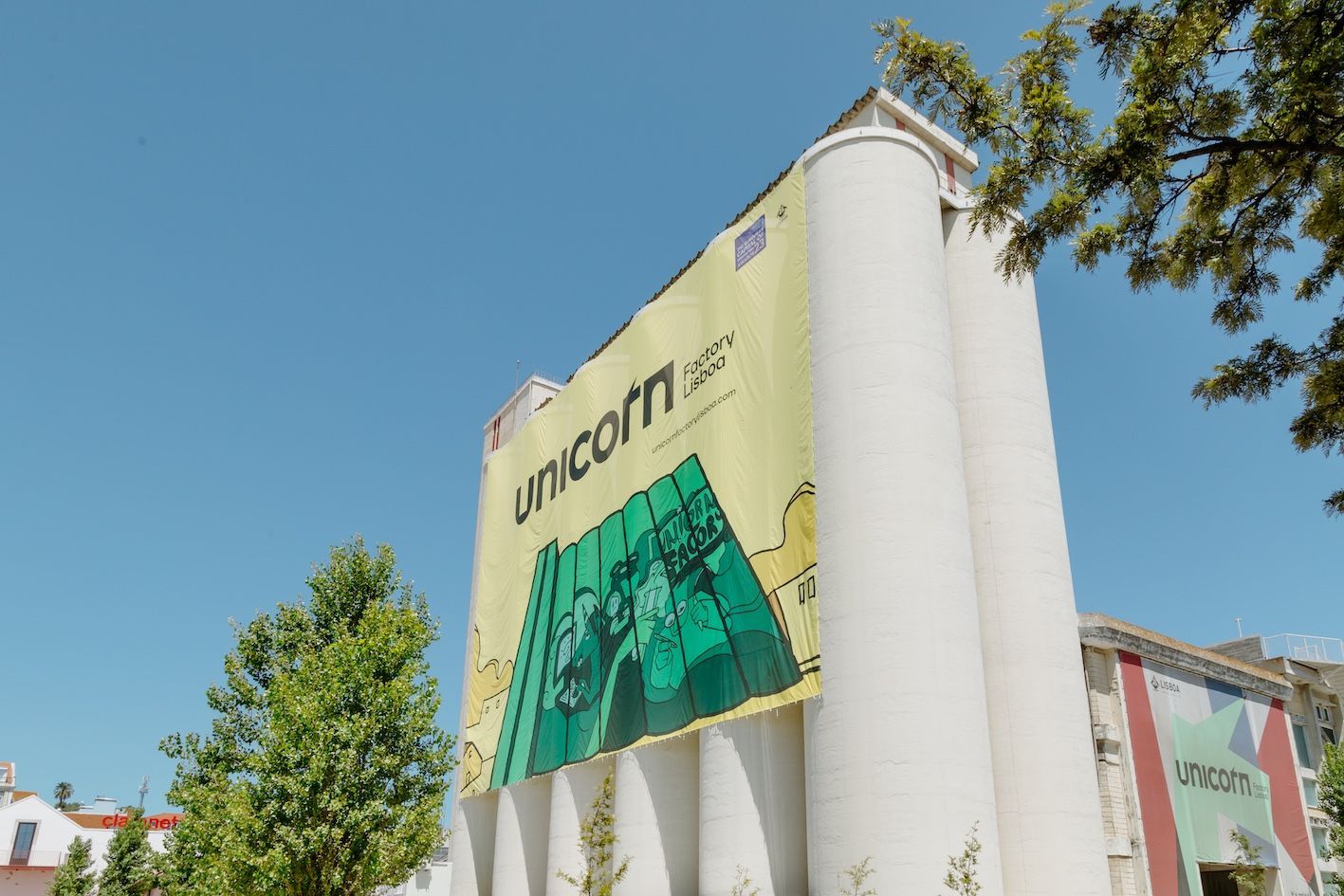
In the middle of the laboratory there is a large steel fermenter with a small bull eye, through which it is a thick brown soup that is on the way. Inside, billions of microbes close to the remaining sugar from the agricultural industry and multiply like microscopic gremlins. As soon as you have done your work, you were killed and dried in protein -rich powder.
TNW City Coworking Space – where your best work happens
A area of work for growth, cooperation and endless networking opportunities in the heart of technology.
“We prefer to say that they are” inactivated “,” says Bekers, who originally comes from the Netherlands, TNW with a giggle. “It sounds nicer.”
The end product looks like light brown flour and smells slightly of Marmite. It grabs a serious nutrient stamp – about 60% raw protein and a mixture of fiber, amino acids and other nutrients.
The powder of Microhharvest combines an overcrowded buffet with old protein options thinking of chicken, algae nuggets, pea paste and mykoprotein steaks. But Bekers is convinced that microbes earn their place on the plate.
“What we produce is much more efficient than proteins on a vegetable or animal basis,” she says. “You don't need hectares of land or gallons water. Our microbes grow in days, not in months or years, and you turn food into protein with incredible efficiency.”
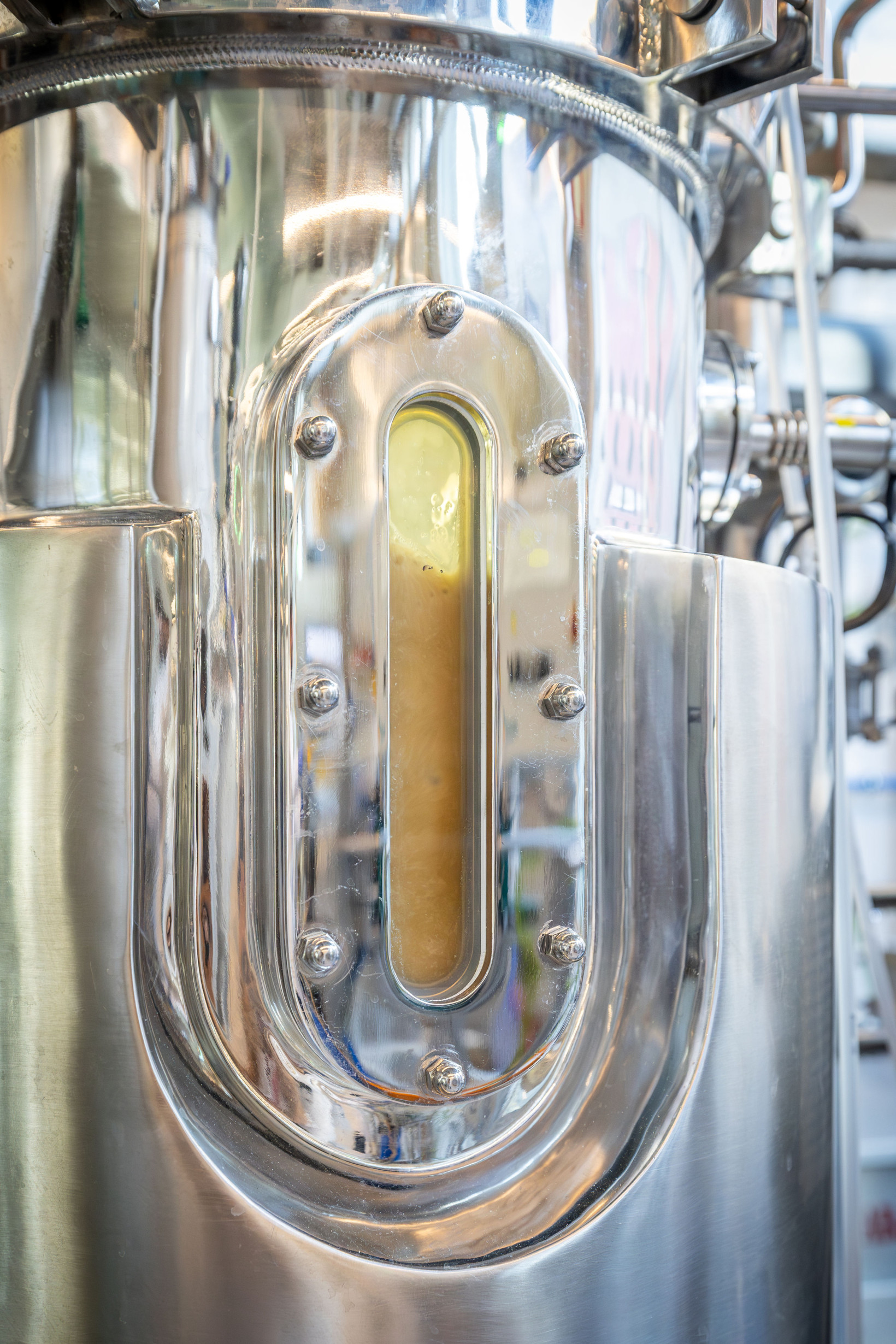 A portal to the future of ferming? Credit: Microhharvest
A portal to the future of ferming? Credit: Microhharvest
The Fermentation process of MicroHharvest takes less than 24 hours – a flash compared to soy or cows growth. It is estimated that land use slashes by 99% and the CO2 emissions reduces over 70% compared to beef.
A 2022 Studied in nature found out Deforestation in two halves by 2050. In addition, bioreactors such as MicroHharvest's could be used almost anywhere where there is an important agricultural industry.
Of course, the idea of eating dried bacteria can lift a few eyebrows or stomachs. But Bekers quickly draws comparisons with food that we already know and love.
“These resemble the microbes that you can find in things like yogurt, kimchi or sauerkraut,” she says. “Eating is a cultural phenomenon, and we get that. We don't try to replace your steak or to convert everyone into veganism. We only add another protein to the menu.”
Ferment the future
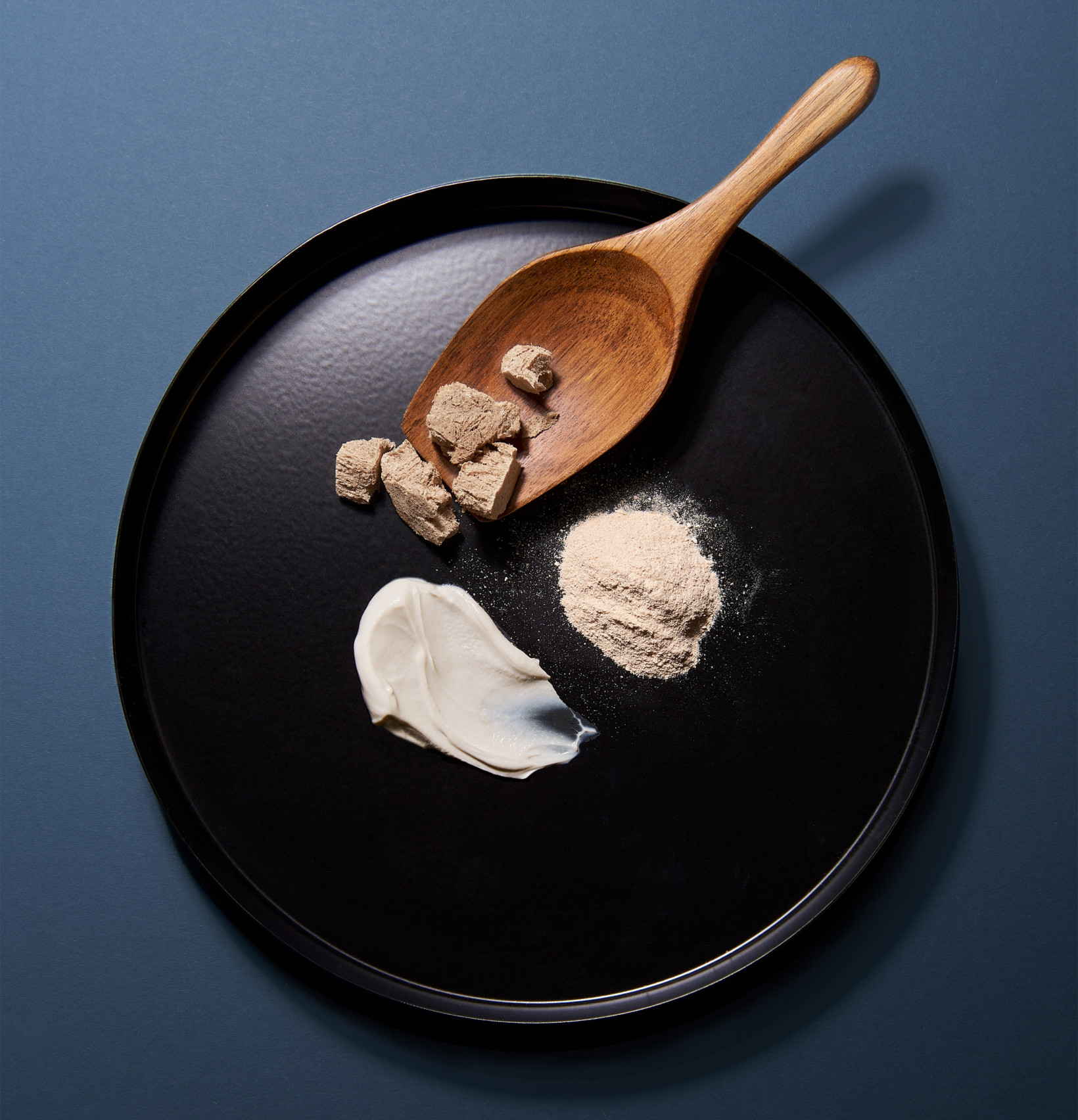 The protein powder from MicroHharvest can be added in all types of food. It also ensures an effective thickener. Credit: Microhharvest
The protein powder from MicroHharvest can be added in all types of food. It also ensures an effective thickener. Credit: Microhharvest
MicroHharvest is one of the best known microbial protein producers in Europe, but the scene gushes with the competition. Start -ups on the entire continent and beyond experimenting with various microbes and starting materials -from Germany's Formo, which make Alt -Milk products to the fishing mushrooms of Great Britain.
In the meantime, corporate giants such as Nestlé and Unilever are testing the waters through partnerships and pilot starts.
Almost 1 billion USD (€ 874 million) According to Dealroom in fermentation-based old protein startups last year. Europe attracted almost half of it, with marking the highest financing year of the sector on the continent in 2024.
In addition, the EU revealed a new financing strategy of EUR 350 million in July to accelerate the scale of fermentation technology, while the continent tries to root its deeply rooted Meat dependency.
Even replacing part of our protein consumption with a fermented alternative is a convincing suggestion. It could significantly reduce the country and water that is required for agriculture and at the same time lowered carbon emissions. But the transition is not without challenges.
From pets to humans
The exchange of steak against microbes is not as easy to build more bioreactors. Fermented proteins are currently being exposed to high production costs and a fight to win Skeptic consumerwhose opinions on food selection are often involved Cultural wars.
Then there is regulatory bureaucracy. It is unclear when – or even if – MicroHharvest gets the green light for human consumption. The lengthy approval process for old protein products has stuck Other startups in the room. One example is the Dutch brand for cultivated meat InferiorWhat has spent years to navigate the regulatory hurdles. The company, founded in 2018, is still waiting for approval to sell its products in retail. It is now concentrating on Singapore, where legislators have more inviting old proteins than their colleagues in Europe.
Microhharvest still remains optimistic. The startup has already submitted a complete dossier to European Food Safety (EFSA) in order to apply for regulatory approval for the human consumption of its fermented protein.
“We are really confident that we will get it,” says Bekers. “We examined the complete DNA of the trunk, checked for harmful potential and submitted a very complete dossier.”
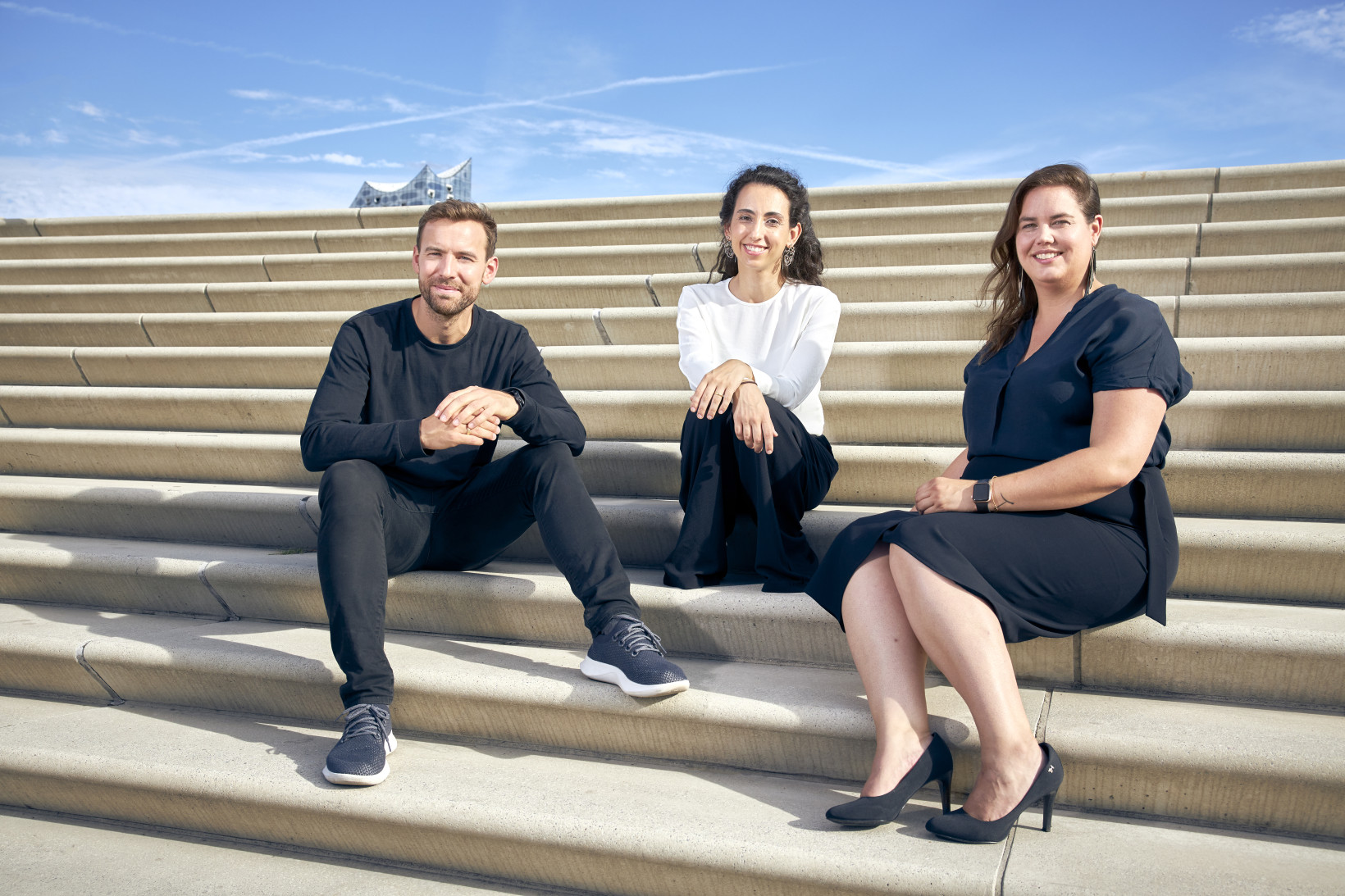 The founders of Microhharvest (from left to right) Jonathan Roberz, Luisa Cruz and Katelijne Bekers. Credit: Microhharvest
The founders of Microhharvest (from left to right) Jonathan Roberz, Luisa Cruz and Katelijne Bekers. Credit: Microhharvest
At the moment MicroHharvest is planning to scale through another customer segment: pets. Last year, MicroHharvest teamed up with the startup Vegdog based in Munich to launch its first commercial product-a vegan dog calculation with microbial protein.
Animal Nutrition has less regulatory barriers than products for human consumption. The availability of conventional pet food and fish feed also remains behind the current demand.
“The pet and aquaculture industry is growing rapidly, but the supply of feed is not,” says Bekers, adding that home meter food and fish feed already offer a strong way to profitability, even without the human market.
MicroHharvest is now looking for the financing of Series B to open a new work in 2027 with a planned capacity of 15,000 tons of product per year – the 40 -time of the current performance.
Bekers is close to the situation, but her co -founder. Luísa Cruz, I really wanted to point out the advantages of business in her home country Portugal.
“If you want to operate a biotechnology company, Portugal is a great place to do this,” says Cruz, who received his doctorate in biotechnology in biotechnology in the Netherlands.
“It has great universities for biotechnology and a lot of talent, which is why we decided to open our first facility here.”
Supported by private investments and fresh EU financial means, fermentation-based proteins such as microhharvests, bubble out of promises. But transforming dead bacteria from pet snacks into mainstream meals will not be easy.
The next few years will show whether these microbial powder are a fleeting fashion or the future of food. I am sure that cows are silent on the latter result.

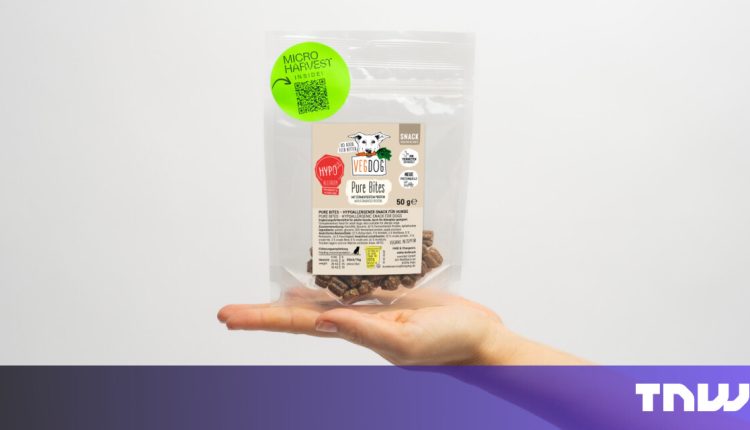
Comments are closed.